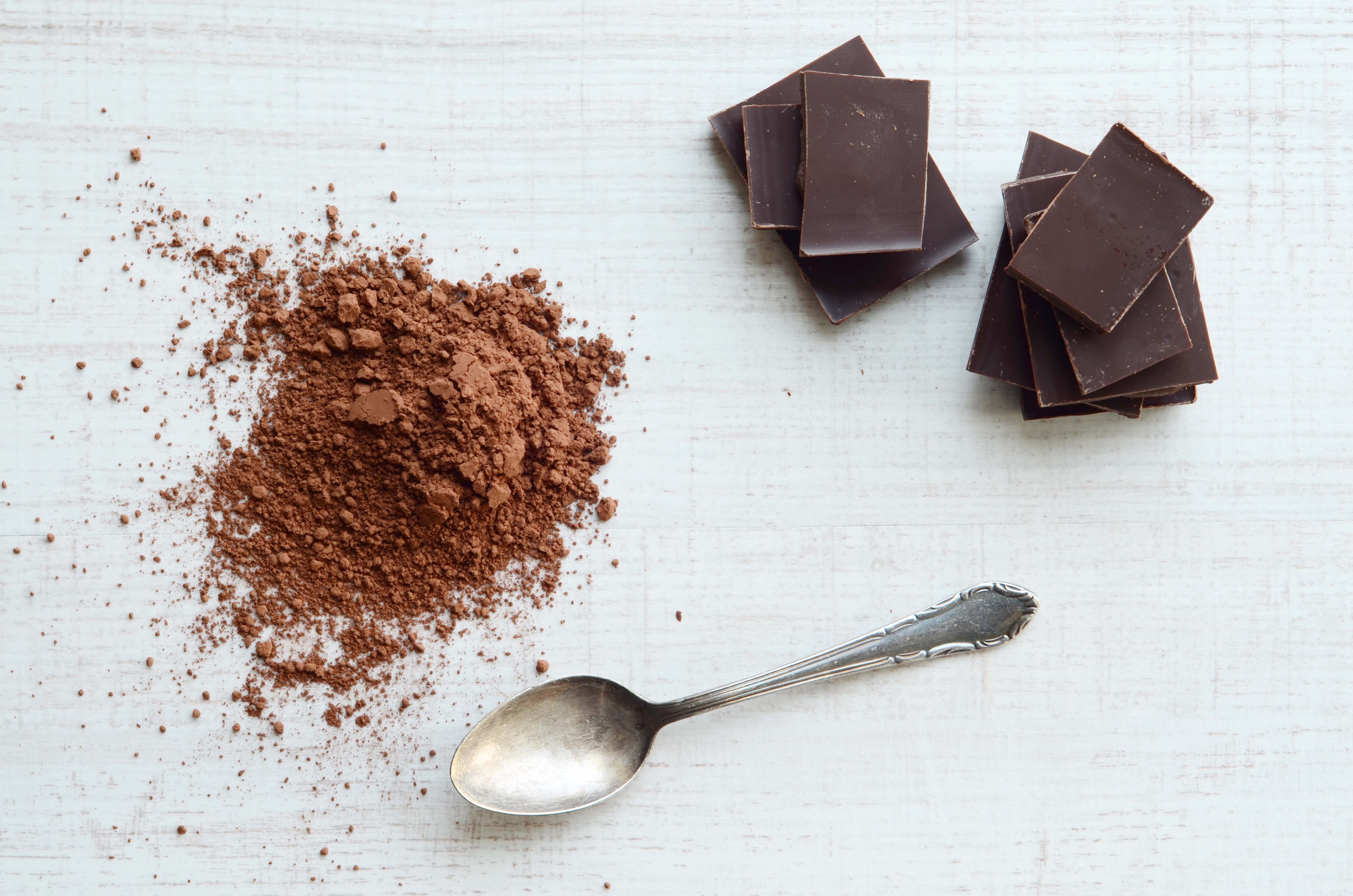A Chocolate Bar in Your Medicine Cabinet?
As if you needed another reason to eat chocolate, recent research on America’s favorite flavor indicates that it may soon be considered a health food instead of a guilty pleasure. Chocolate may now be good for more than just soothing your soul on a bad day. For most of us, eating chocolate is an occasional indulgence with the only expected outcome being pleasure. Americans already consume more than 10 pounds of chocolate confections each year purely for the love of it. But now, if scientists are right, there may be more reasons to reach for that candy bar. New research on the potential health benefits of cocoa and dark chocolate have sent candy manufacturers scurrying to laboratory kitchens to develop a super chocolate bar laden with powerful disease fighting substances from the naturally occurring components found in dark chocolate and cocoa.
Can eating chocolate candy ward off disease, lengthen life expectancy or just make you healthier in addition to making your mouth happy? No doubt most of us associate the eating of chocolate with a pleasant event, and that alone might explain some of the warm fuzzy feelings we all have for the confection. There is no question that chocolate has the ability to evoke pleasure because of its sensual characteristics--the creamy texture as well as the distinctive aroma and taste. Chocolate melts readily at body temperature so holding a piece of the dark delight on the tongue for a few seconds results in a rush of flavor and texture that is extremely satisfying. Although many people describe physiological as well as psychological cravings for chocolate, there is not yet enough convincing scientific evidence that chocolate is truly addictive as many self-proclaimed chocoholics assert. It does appear that in addition to making us feel good, eating moderate amounts of chocolate may also help us live longer healthier lives. That’s good news to all who love chocolate.
Flavanol is the compound found in cocoa believed to have healthful antioxidant properties. It is what imparts the bitter flavor to dark chocolate. The more bitter the flavor, the more flavanol in the chocolate. The problem is that Americans’ taste preference is for milk chocolate, which contains much less of the healthy flavanol and much more of what we do not associate with health: sugar, fat and calories.
In a small study, European researchers observed that people who ate dark bittersweet chocolate daily had lower blood pressure when compared to people who ate white chocolate. They concluded that the flavanol, acting as an antioxidant, was helping the blood vessels in the body to manage the flow of blood better thereby reducing blood pressure. Although no one is recommending that chocolate might some day replace standard blood pressure medications, eating a few ounces of dark bittersweet chocolate daily might help to reduce blood pressure and possibly mediate other diseases induced by free radicals.
Before you rush out to corner the market on bittersweet chocolate bars, be aware that flavanols are more abundant in fruits and vegetables than they are in dark chocolate. Although research continues, the benefits from eating fruits and vegetables far outweigh those associated with eating chocolate. The best advice is to eat minimally processed, dark bittersweet chocolate in moderate amounts but to plan on getting the bulk of your antioxidant protection from fruits and vegetables. A 1.4 oz. bittersweet chocolate bar contains approximately 200 calories (half from fat). If you have 200 discretionary calories to spare, then choosing a dark chocolate treat might be a pleasant way to increase your antioxidant intake. Chocolate covered strawberries come to mind as the solution to the dilemma of whether to choose fruit or chocolate! Happy eating!






